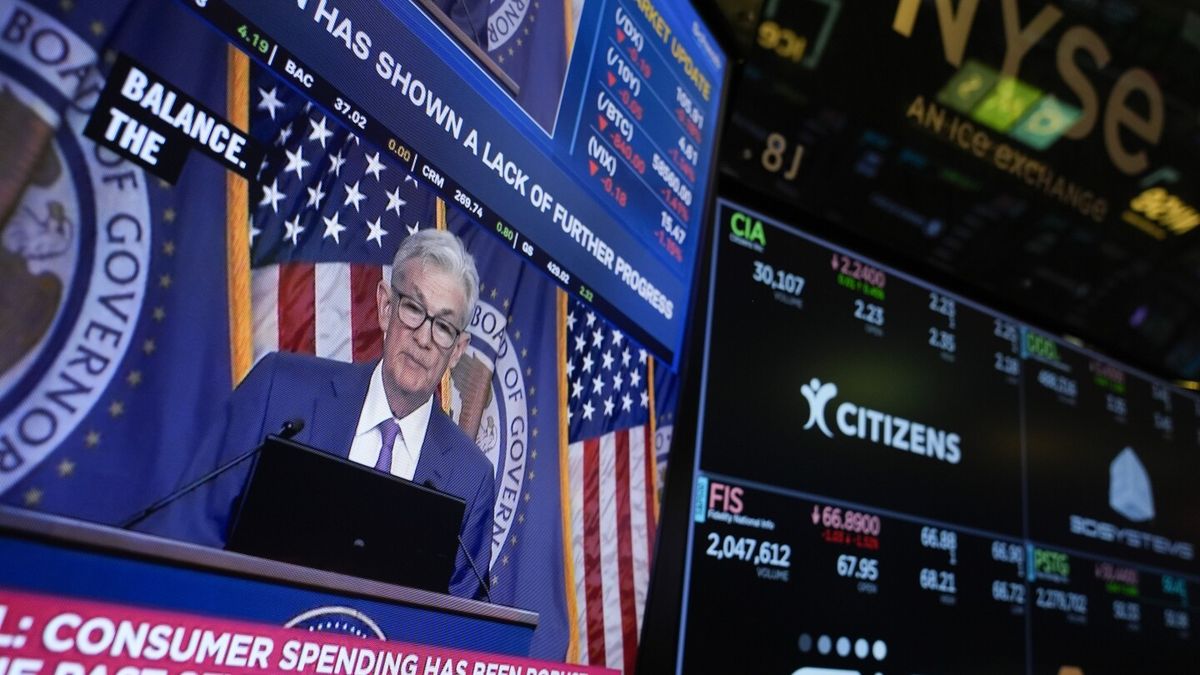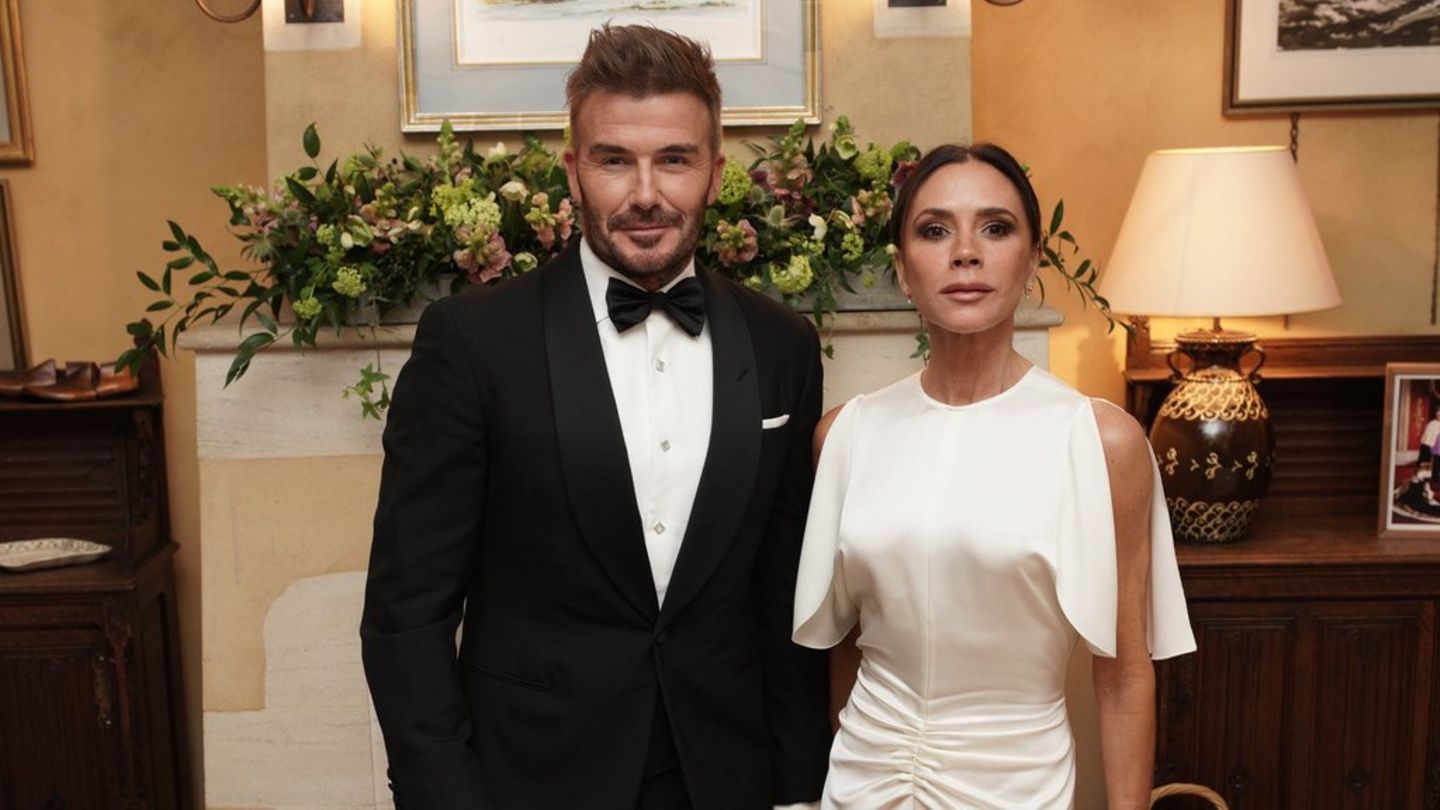Investors were then excited by the prospect of looser financial conditions, and organizations like the International Monetary Fund (IMF) They feared that the president of the United States Federal Reserve (Fed), Jerome Powelland his colleagues would rush in, cut them too quickly, and undermine efforts to control the inflation. The fears proved unfounded.
Some modest steps have been taken, such as the initial cuts made this month by the European Central Bank (ECB) and the Bank of Canada. Largely to fulfill a promise made when inflation appeared to be falling rapidly, but the mood in Frankfurt, London, Washington and other places has since changed from a version of “start your engines” to something more akin to “hold your horses.”
After quickly raising the interest rates in 2022 and 2023 to fight against inflationthe initial move to ease monetary policy will be “consequential,” Powell said at a news conference last week, as new projections from policymakers Fed showed they anticipated only a quarter-percentage-point rate cut by the end of the year.
From euphoria to market attention
Most economists polled by Reuters expect only one or two Fed rate cuts this year instead of four in a survey last December. But economists have been more consistent in their opinions than market prices.
Economists’ forecasts for the ECB’s first move also held, correctly predicting a cut in June. But once again, market prices have changed dramatically: in December they assumed 140 basis points of cuts next year, starting in March. Now market prices hardly see a new rate cut this year.
However, ECB policymakers have long warned of the “bumps in the road” that may arise when trying to get inflation back on target, and by indicating from the outset that the first cut would not happen. until June, signaled to the markets that perhaps they were getting ahead of themselves.
These “potholes” may now include the concern of the markets regarding the decision of the French president, Emmanuel Macronto call early parliamentary elections that could give way to a far-right government in France next month.
But, for the moment, the president of the ECB, Christine Lagardeand his team remain confident that the inflation will reach the 2% target by the end of 2025.
“Central banks are managing the trade-off between inflation and economic growth,” aware that too restrictive monetary policy could undermine the fragile recovery of the euro zone economy, he told Reuters in an interview. Mario Centenohead of monetary policy at the ECB and governor of the Portuguese central bank.
Source: Ambito




